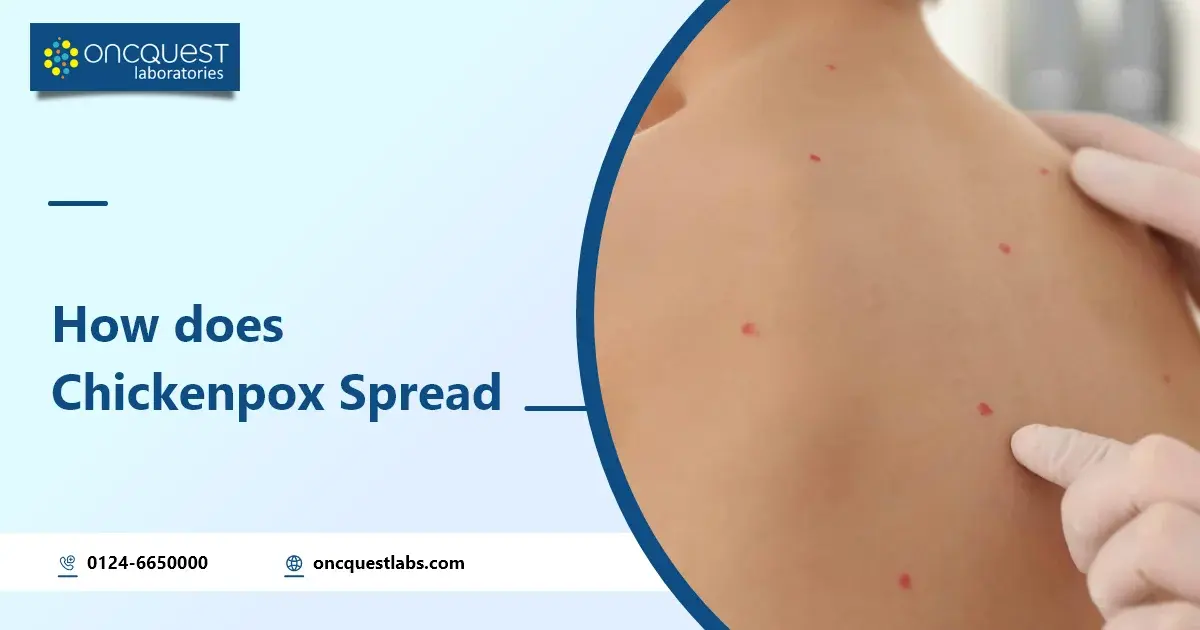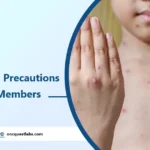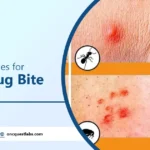Chickenpox is a sickness that makes your skin red and itchy with little bubbles. It’s caused by a virus called varicella-zoster. It spreads easily from person to person. Luckily, we have a vaccine now that keeps most people from getting it.
Kids are more likely to get chickenpox, but adults can get it too. Before the vaccine came out in 1995, almost everyone got chickenpox when they were young. Since then, the number of cases has dropped a lot. Kids usually get the chickenpox vaccine when they go to the doctor.
Once you’ve had chickenpox, you won’t catch it again. But if you’re not vaccinated, you can still get it at any age. Adults who get chickenpox can get very sick, so it’s important for kids to get vaccinated or get chickenpox when they’re young.
Contents
How does chicken pox start?
– Chickenpox rash has three stages: red and bumpy, fluid-filled blisters, and scabbed blisters.
– The rash can appear in all three stages simultaneously and starts on the face and trunk before spreading to the body, fingers, and toes.
– The rash lasts around 10 days in total.
– Unvaccinated children may get chickenpox between ages 3 and 6.
– The vaccine has made chickenpox rare by reducing the number of cases.
What are symptoms and causes of chickenpox?
| Symptoms of Chickenpox | Causes of Chickenpox |
| Low-grade fever | A virus spreads from person to person |
| Scabbing after blisters break | through bodily fluids or contact |
| Blotchy skin | |
| Crusty spots that fade | |
| Blisters filled with milky fluid | |
| Itchy skin rash with small blisters | |
| Stomachache (loss of appetite) | |
| Headache | |
| Feeling tired |
How does chickenpox spread?
– Kids of any age can get chickenpox.
– It takes 1-3 weeks after being near someone with chickenpox to get sick.
– The virus spreads before feeling sick and until all blisters are scabbed.
– Chickenpox spreads by touching, breathing, or touching fluids from an infected person.
– If you haven’t had the vaccine or chickenpox, you’re more likely to get it.
– Risk is higher around kids or in places like schools or daycares.
What complications are possible with chickenpox?
– Chickenpox can sometimes lead to problems, like skin infections or pneumonia.
– Some serious issues are rare but can happen, such as brain inflammation or liver troubles.
– Normally, healthy kids don’t have big problems with chickenpox, but adults and people with weak immune systems might.
– Babies whose parents didn’t have chickenpox or get vaccinated, and pregnant women without immunity, should be careful.
– People over 18, those with immune problems, cancer, HIV, or getting chemotherapy, might face more risks.
– It’s really rare for chickenpox to be deadly. Most people get better on their own.
How to manage and treat chickenpox?
– Make sure your child rests and drinks lots of water. Chickenpox will get better by itself in about a week or two.
– To help with itching, use a cool, wet cloth on the rash, keep your child cool, and stop them from scratching by trimming their nails.
– Use special lotions or ask the pharmacist for help if you’re not sure what to buy. Also, give your child over-the-counter antihistamines.
– Give your child a cool bath or an oatmeal bath, and pat them dry instead of rubbing.
– Offer plenty of water and a soft diet if they have blisters in their mouth. Avoid giving aspirin; use acetaminophen if needed.
– If a baby under 3 months gets chickenpox, tell their healthcare provider right away. It’s riskier for them.
– Adults with chickenpox get similar care, and sometimes doctors recommend antiviral meds, especially for those at higher risk.
– Chickenpox stays contagious until all blisters turn into scabs. If any blisters still have fluid, the virus can spread.
– Usually, chickenpox gets better in about 10 to 14 days.
Is prevention from chickenpox possible?
– Yes, there’s a shot to prevent chickenpox. Kids get it twice, once between 12 to 15 months and again between 4 to 6 years.
– Adults who never had chickenpox should also get the vaccine, with two shots 28 days apart if they’re 13 or older.
– The vaccine is really good at stopping chickenpox, preventing millions of cases since 1995.
– But some people can’t get the vaccine, like those allergic to it, pregnant, have immune issues, tuberculosis, or aren’t feeling well.
Frequently asked questions
Q1: How does chickenpox spread from one person to another?
A1: Chickenpox spreads easily when you touch the blisters or when someone with chickenpox coughs or sneezes. The virus doesn’t stay alive for long on surfaces.
Q2: How easily does chickenpox spread?
A2: Chickenpox spreads easily from people who have it to those who haven’t had it or been vaccinated. If one person has it, about 90% of those close to them who aren’t protected may get it too. The virus mainly spreads through close contact with someone who has chickenpox.
Q3: How do you prevent chicken pox from spreading?
A3: If someone has chickenpox, they should stay away from people who haven’t had it. This includes not spending a lot of time in a room with others since chickenpox can spread through the air. Kids with chickenpox can’t go to school or daycare.





